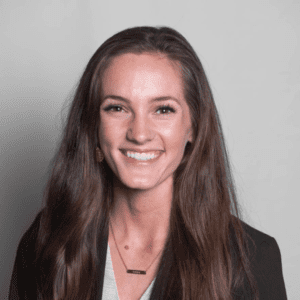
Posted 2 years ago
What are carriers?
Your genetic test result may not have identified an inherited genetic explanation for your personal or family history of cancer, but it may have come back with an unexpected result: you’re a carrier for an autosomal recessive condition. You may wonder to yourself, “What’s an autosomal recessive condition?” and “What does it mean to be a carrier?”. Before explaining what a carrier is, it is important to start with a crash course on how gene mutations are inherited.
We all have two copies of each of our genes and we get one from each of our parents. To be affected by an autosomal recessive condition, someone must inherit two mutated genes, one from each of their parents. However, when someone only inherits one copy of this type of mutation, and the other copy of their gene is still working properly, this person is considered a carrier of the condition. This result does not indicate that the carrier has the condition because carriers are not at risk of developing the condition in their lifetime.
These findings usually do not have implications for the patient’s medical management. There are a few exceptions to this, including MUTYH carriers, who may have a slightly increased risk for colon cancer depending on their family history. However, the majority of the time, there are only implications for a carrier’s family members. A carrier’s children and siblings have a 50% chance to also be unaffected carriers. This means that any relatives of reproductive age may choose to pursue carrier testing for family planning purposes in the future to better understand the risk of having a child with an autosomal recessive condition. If a carrier is considering having children in the future, it is recommended to consider having their partner tested for this same mutation. If their partner is also a carrier for this same condition, each of their children would have a 1 in 4, or 25%, chance of having this autosomal recessive condition.
If you have questions about being a carrier or about other hereditary cancer predispositions, please speak to your Ironwood provider about a referral to Ironwood’s Genetic Services Department.
About the author
During her time at The University of Arizona, Morgan completed a two-year graduate program and a thesis on Best Practices in Counseling Low-Level Pathogenicity Results in Cancer Genetics Settings. She completed clinical rotations at prominent healthcare systems such as Banner, Mayo Clinic, Color Genomics, Phoenix Children’s Hospital, and Dignity Health. During her time at these institutions, she gained experience in prenatal, oncology, cardiology, pediatrics, and pharmacogenomics counseling.
Morgan enjoys running, swimming, cycling, playing piano, hiking, and spending time with her family.

Please ask your Ironwood Cancer & Research Centers doctor for a referral to see our genetic counselor.
